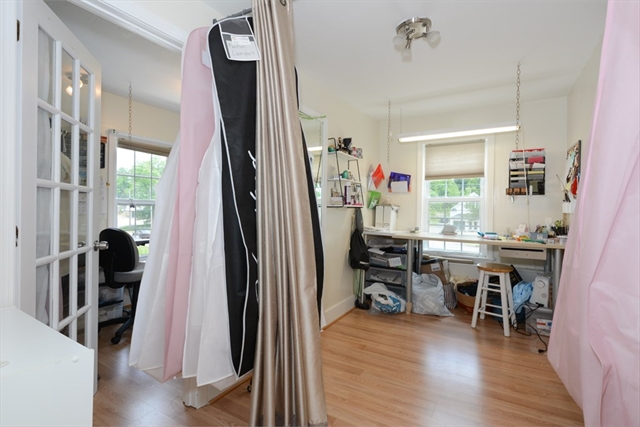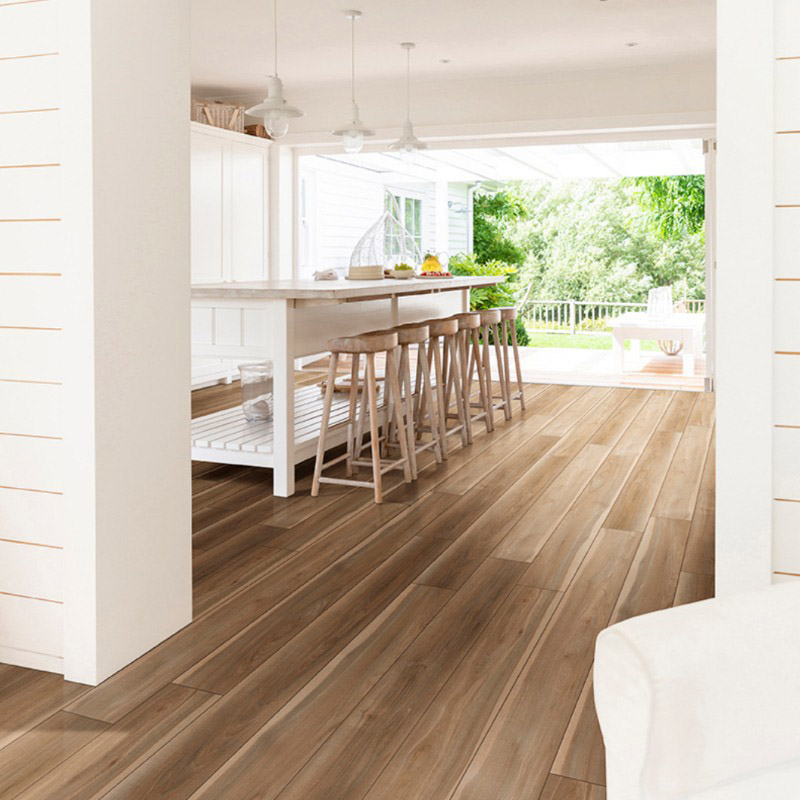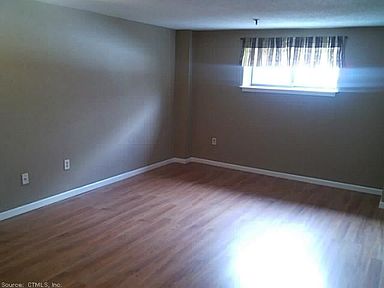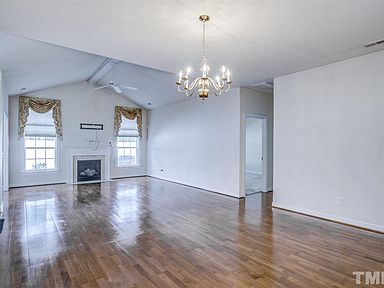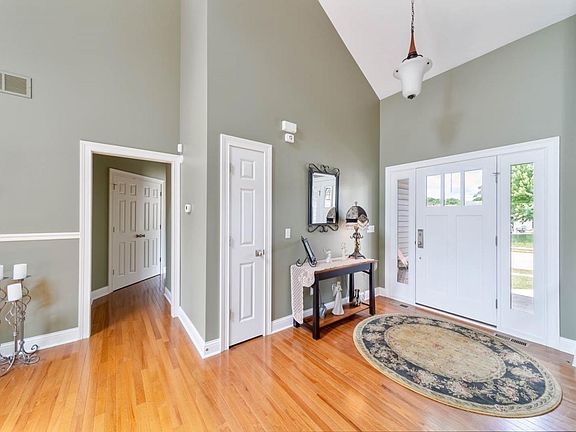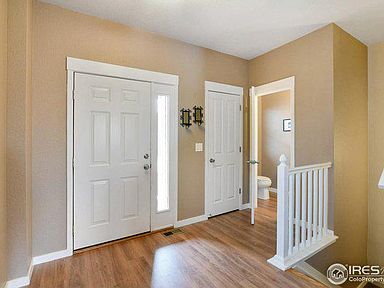Do You Need Radon Inspection For 3rd Floor Condo

Many consumers have added radon testing to the due diligence they perform before buying a home.
Do you need radon inspection for 3rd floor condo. If you have tested both your indoor air and your water for radon using the radon contribution calculator may help you estimate how much of the radon in air is due to radon in the water supply and how much is due to air entering the home through the foundation. Most radon reduction systems can reduce radon levels in a home to 2 0 pci l or lower. The discovery of high radon levels in a condominium community typically conjures nightmare images of a multi million dollar envelope reconstruction project to prevent radon seepage. Recommended buy a testing kit and do it yourself.
Have a professional inspector conduct an inspection. A 27 pico curies per liter level almost 7 times higher than the epa s recommended maximum of 4 pci l was found on the 11th floor of a florida condominium a few years ago. Purchasing a condo versus a single family home definitely creates some different items to address says real estate agent ryan. You have two options for testing.
A condo is obviously different from a single family dwelling. It is simple and inexpensive. The only way to know if you have high levels is to test your home. David artigliere with arti home inspections llc is a professional home inspector in reading norristown pottstown surrounding.
The safest thing to do is have the condo tested prior to purchasing it. If you do the test yourself continued follow the testing instructions and record the start time and date. Place the test device at least 20 inches above the floor in a location where it will not be disturbed and where it will be away from drafts high heat high humidity and exterior walls. If you are in the process of purchasing a home you will need a radon test during your home inspection.
So if you are looking to purchase a condo and wondering can a second floor condo have radon the answer is yes it s possible. A condo on the third floor or higher has an extremely low probability of having an elevated radon problem but it is still possible. Because radon is a gas that emits from the soil and typically it gets into the home at the basement level through concrete block walls and the concrete floor. Contact ohio s top radon testing company.
But often there s much more than condo association fees shared walls and elevators that separate an apartment from a home including what goes on before you ever reach the settlement table. We have the necessary training and licensure to check your potential home for radon gas exposure. Testing kits cost between 30 and 60 and can be purchased from some hardware stores or online. Well you could potentially be in danger of it but the risk that would be a far smaller chance of you having an elevated radon level on a concrete slab than if you had a basement.














